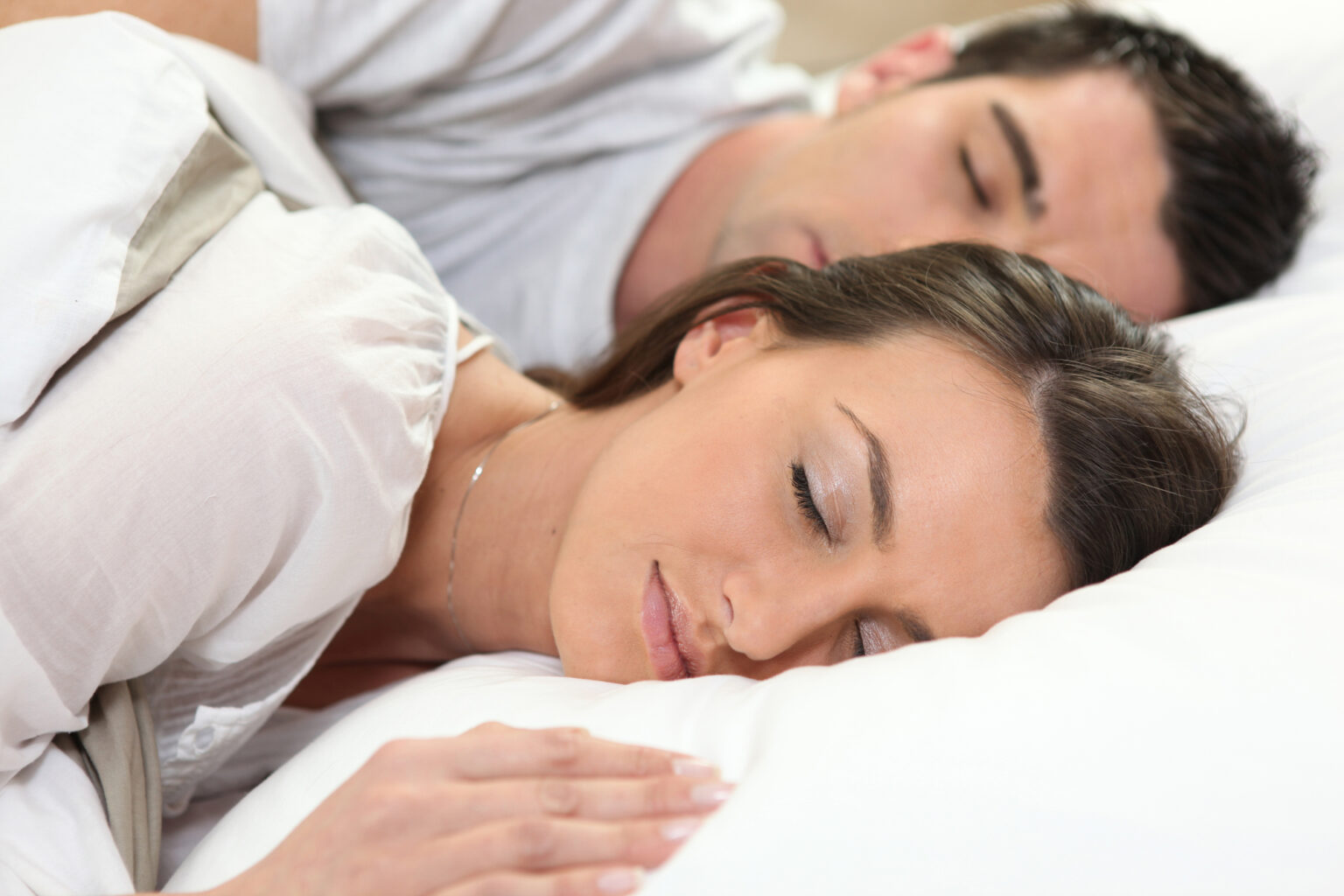
So many of us are wondering how to boost our immune systems to protect ourselves against the coronavirus. Well, there are several ways, including eating healthy, taking vitamins and supplements, drinking plenty of water, and even getting an appropriate amount of sleep.
The National Sleep Foundation recommends that adults get between seven and nine hours of sleep each night. But during times when sickness is common and when our immune systems need extra support, more sleep is better. However, sleep doctors don’t recommend sleeping for longer periods at night. Rather, they recommend taking one or two short naps during the day.
Continue reading to learn how sleep affects the immune system and what to do if you suffer from obstructive sleep apnea.
How Sleep Impacts Your Immune System
Cytokines are a type of protein that fight against infection and inflammation. When a person doesn’t get enough sleep, he or she produces and releases less of these protective proteins and the immune system is weakened. Therefore, a lack of sleep can make you more susceptible to illness and lengthen your recovery time.
German researchers have recently found that sleep improves T cells which are a type of immune cell that fights against virus-infected cells. When these cells are active and multiplying, they are able to fight against those infected by the flu, HIV, herpes, and cancer.
Tips for Better Sleep
Of course, it’s important to keep an appropriate sleep schedule so you can function in your everyday tasks. For adults, sleeping more than nine hours a day can make it more difficult to fall asleep or to get quality sleep. Teens should get between eight and ten hours of sleep.
Sleep times vary for everyone so be sure to listen to your body and assess how you feel after varied sleep times. Ask yourself these questions to find the number of sleep hours that works for you:
- Do I feel productive and energized today?
- Am I depending on caffeine to get me through the day?
- Do I feel sleepy when driving?
- What health issues could be affecting my sleep?
If you feel like you aren’t getting quality sleep, check out these tips:
- Stick to a sleep schedule seven days a week
- Exercise daily
- Practice a relaxing bedtime ritual
- Make sure your bedroom is the ideal temperature
- Reduce sound and light
- Reduce caffeine and alcohol intake
- Put your phone in a different room
If you or a loved one is struggling with sleepiness and other unusual symptoms despite having a good sleep schedule, contact a sleep doctor or other sleep specialist today.
Obstructive Sleep Apnea
If you suffer from obstructive sleep apnea, getting quality sleep and staying on a sleep schedule isn’t as easy as it is for others. As a board-certified Facial Pain and Sleep Medicine expert, Dr. Timothy Mickiewicz is determined to help sleep apnea patients, especially during this pandemic.
The American Sleep and Breathing Academy recommends that patients on CPAP machines switch to oral appliances during this time to reduce the risk of spreading the coronavirus. In response, Dr. Mick has arranged for his lab to produce an oral sleep device that can help mitigate obstructive sleep apnea before it affects your immune system.
For more information about Dr. Mick’s oral sleep device, read this special announcement from Dr. Mick or call our Sacramento office today at (916) 469-9178.


